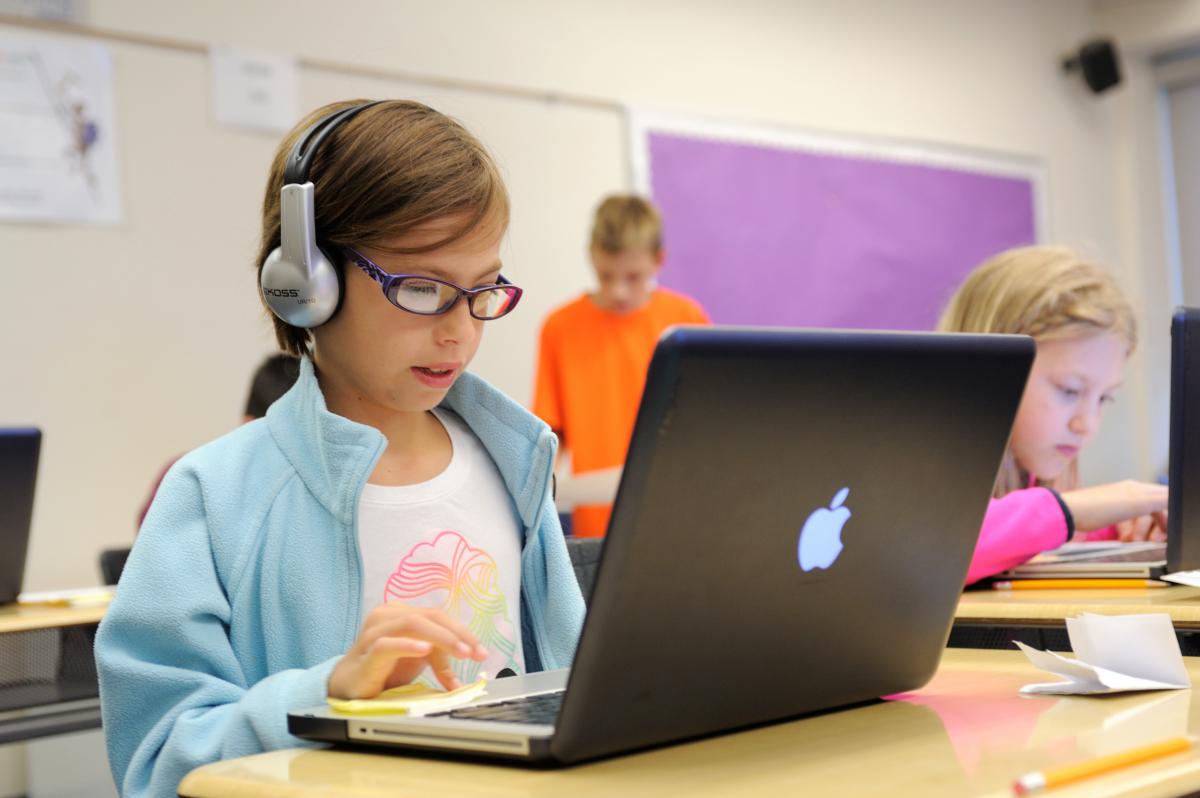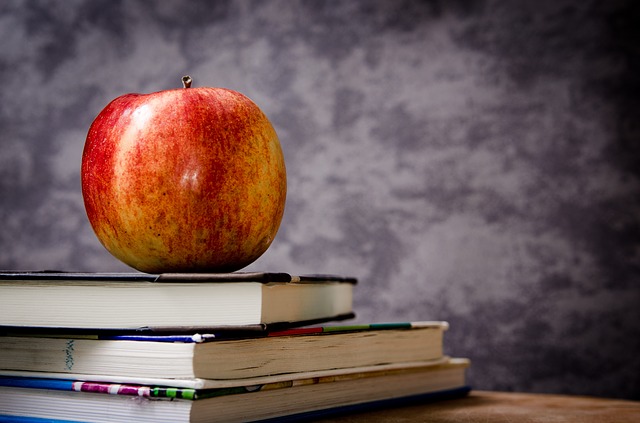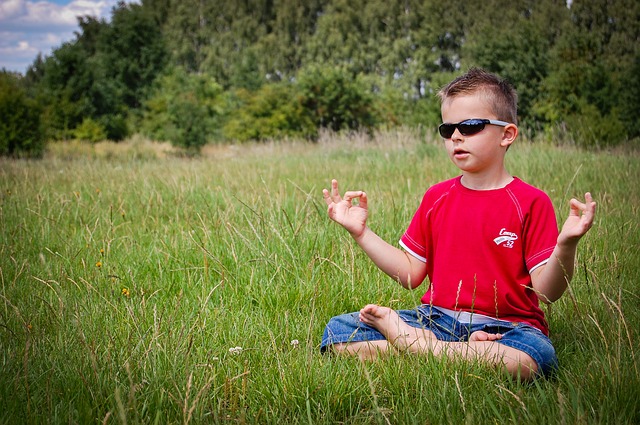
Do Audiobooks Enable Struggling Readers?
July 26, 2017
Ensuring a Positive Start for the School Year
August 9, 2017
Mindfulness is a common buzzword in wellness literature these days, but what does it mean? Can it help you or your child with ADHD and/or learning disabilities?
Mindfulness means maintaining awareness of your present thoughts, feelings, bodily sensations, and surrounding environment, without judgment. That is, there is no “right” or “wrong” way to feel. The purpose is to pay attention to the here and now and not worry about what will be or what might have been.
Whoa. That seems like heavy stuff for children and maybe even adults, too. However, studies of both adults and children have shown that mindfulness training may benefit a number of disorders, including stress, anxiety, and ADHD. As we have previously discussed on the blog, children with learning disabilities and ADHD are often at risk for stress and anxiety as their disorders adversely affect them socially and at school. Mindfulness is a way for children to manage these thoughts and feelings. And emerging research has shown that mindfulness training for individuals with ADHD can help improve some facets of executive function, including emotional regulation.
That sounds great, right? So how do we get started? You can actually get started right away, alone or with your child. Sit down in a comfortable place and focus on your breathing—the air going in and out and your stomach rising and falling. If you notice that you are thinking of something else, label these thoughts as “thinking,” and refocus your attention to your breath. Start for five minutes a day and work your way up from there. Once you are able to do this for 15-20 minutes, practice mindfulness at other times of day. That is, let go of the busy thoughts and pay attention to what is happening at the present moment in everyday life. This emphasis on shifting your attention to the present is what is helpful, especially for someone who has ADHD or LD.

If you are looking for even more information, here are some good resources to check out:
Blogger Stephanie Dunne, Ed.S., is the Center Director at Springer School and Center. Prior to coming to Springer, Stephanie practiced as a school psychologist in public and private schools for ten years. If you have questions, please contact Director of Learning Programs Carmen Mendoza at .



